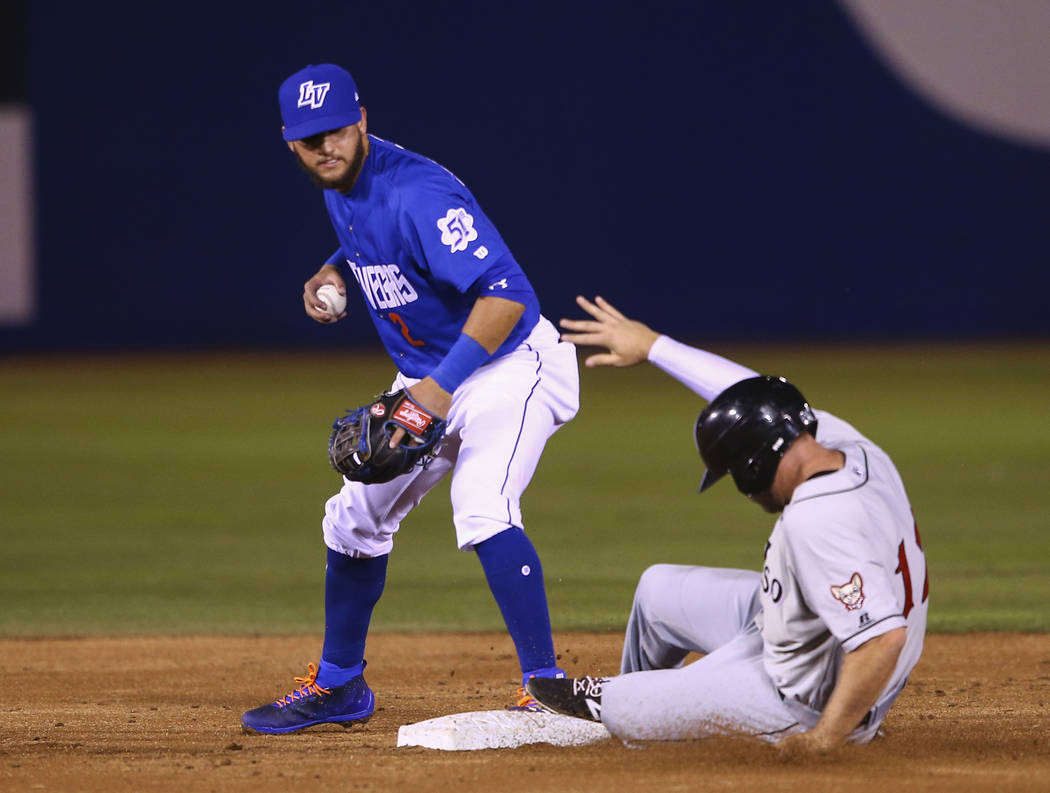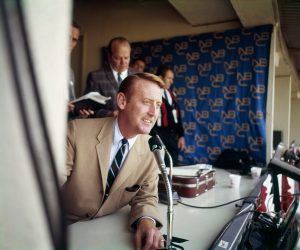MLB commissioner Rob Manfred discussed the possibility of Major League Baseball expanding to 32 teams last week, with Las Vegas being one of the prime candidates for a future MLB franchise.

Manfred was asked about expansion on several occasions during the All-Star break last week, and talked about both the conditions under which the league could expand as well as providing a list of cities in contention for becoming home to a new Major League franchise.
‘Embarrassment of Riches’
Manfred said there was an “embarrassment of riches” when it came to exciting markets that could support professional baseball.
“In the US, you could get Vegas, Portland, Nashville, Charlotte, all viable alternatives for us,” he said. “Montreal certainly. Maybe someplace else in Canada. I think Mexico, depending on how far down the road we are, could be another possibility for us.”
The inclusion of Las Vegas is a possible home for a major league professional sports team is a relatively recent change. For decades, the major professional sports leagues avoided putting teams in Sin City, fearing that the presence of legal sports betting could create a perception of impropriety.
But that attitude has changed in recent years with the NHL, NFL, and WNBA all shifting their opinion on the city as a viable sports town. The Vegas Golden Knights not only played their first season of NHL hockey on the Strip, but also they did so as a commercial and competitive success, reaching the Stanley Cup Final earlier this year. Additionally, the Oakland Raiders are scheduled to start playing in Las Vegas in the 2020 NFL season.
Stadium Issues Take Priority
Manfred said that expanding MLB to 32 teams would allow the league to reorganize into four divisions of eight teams, or eight divisions of four.
“It gives us schedule flexibility because fours work better than fives in the schedule,” Manfred said on The Dan Patrick Show last Tuesday. “And maybe best of all, it gives you a lot of flexibility in what you would do with your playoff pool. You’ve got a lot more options in your playoff pool.”
But Manfred also says expansion isn’t an immediate concern for the league. Before adding more teams, he suggested that the current stadium situations for both the Oakland Athletics and the Tampa Bay Rays need to be settled.
The A’s have struggled to find a home to replace the aging Oakland Coliseum, while the Rays have been playing at Tropicana Field, an arena that is less than ideal for baseball and which has the smallest capacity of any MLB stadium.
While Tampa Bay recently unveiled a plan to build a 30,000-seat domed ballpark – which would still be the smallest in the major leagues – Oakland has already gone through one failed attempt to find a new site.
“I remain committed to the Oakland market, and it’s not out of some conceptual fealty to the notion of franchise stability,” Manfred said during last Tuesday’s meeting of the Baseball Writers’ Association of America. “It is because I believe that there is not another market in the United States that has the upside potential that Oakland has, and I think we would regret leaving Oakland.”











